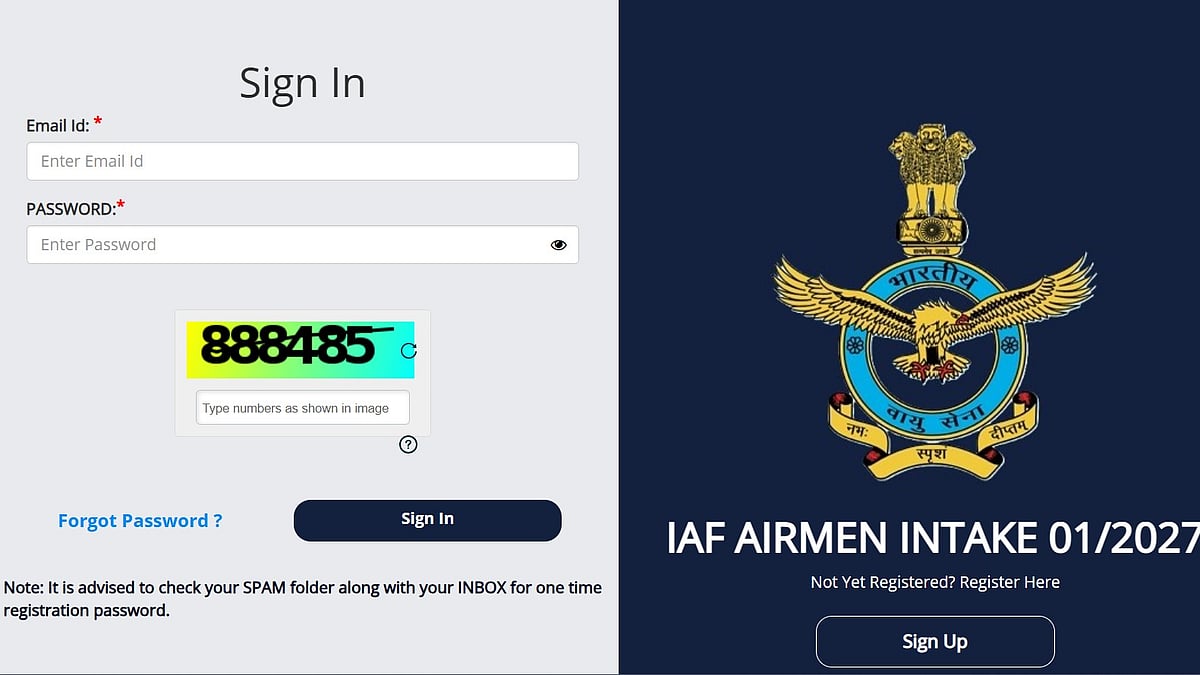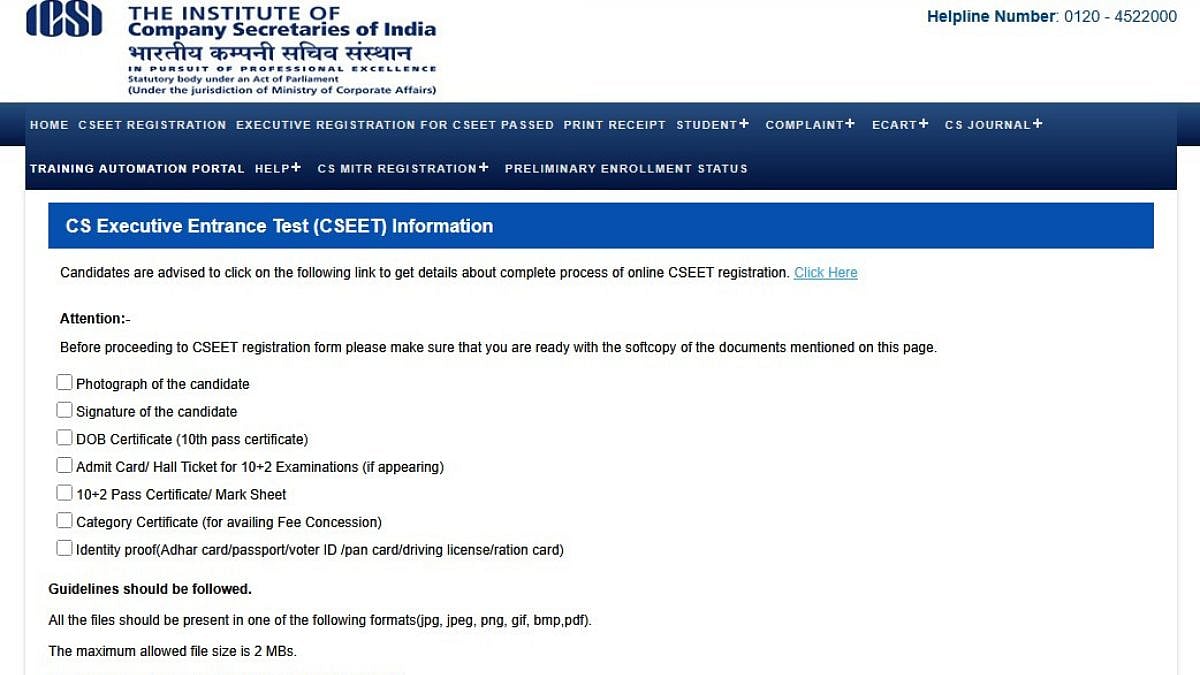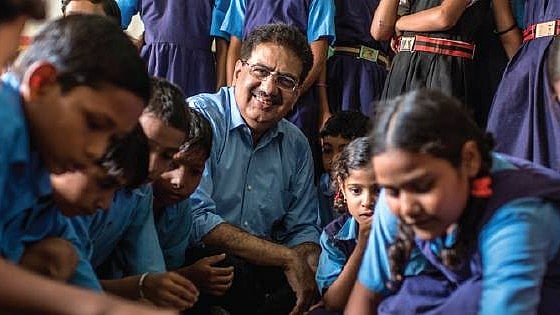The United States remains the top destination for international students pursuing undergraduate and graduate studies. With more than 4,500 accredited universities offering a broad range of programs along with customized curriculums and internship opportunities, there are many reasons why Indian students choose to apply for their undergraduate and graduate studies in the United States. For most students, the academic program itself is the most critical aspect of choosing U.S. universities, but students should keep in mind other factors as well. The ability to pursue education in a welcoming environment is another important consideration. Universities in the United States are known for welcoming students of all ethnicities, cultures, genders, and sexual orientations. Universities dedicate a variety of resources to making campuses inclusive and diverse for international students so that they serve as a home away from home. Campaigns such as the #YouAreWelcomeHere campaign launched by more than 300 U.S. higher educational institutions or the ‘Welcome to Succeed’ campaign initiated by NAFSA, the Association of International Educators, have shown how U.S. universities are dedicated to bringing diversity to their campuses. The application process can be overwhelming for LGBTQI+ applicants who do not know what to look for when applying to U.S. schools. This article aims to provide an overview of criteria that queer students should keep in mind as they apply to U.S. universities.
Many international students who apply for higher studies in the United States come from countries where the LGBTQI+ community is marginalized and at times criminalized. Students look to the United States as a multicultural, progressive, and welcoming country. U.S. universities go the extra mile to create an environment where students’ growth is nurtured regardless of their gender or sexual orientation. Many universities have resource centers on campus to assist students with navigating student life and finding a sense of community. The application process to U.S. universities can appear daunting, but timely planning and research can help students find the right-fit university. An important step in the application process is researching the academic program and campus environment that supports each individual student. We advise students to begin their research 12-18 months before they plan to join a program. Students should visit the university website to find out the details of the academic course, program flexibility, the overall cost of attendance, opportunities for financial assistance, and career center and housing services.

Aditi Lele
Campus life is an integral part of being an active student and it is important to research student organizations and other resources that are available to international students, as well as the array of volunteer opportunities that exist at each university campus. Students who identify as LGBTQI+ are encouraged to research health and wellness centers, health services tailored for LGBTQI+-identifying students, primary care, preventive care, counseling services, and any other services that are important and relevant to the queer community. It is also helpful to read the university’s inclusivity statement, diversity statement, and anti-harassment policies to see how the university safeguards its students. Investing in timely research for the right university will go a long way in paving the way for a successful academic life, skill development, network building, and cultural experiences that lead to a successful career.
There are many resources that students can utilize both when researching schools and once they are on campus. Your first stop should be checking the university's website to look for resources for LGBTQI+ students. Some examples of what students might find on U.S. university websites include centers like the active “Q Center” at the University of Washington, where in addition to offering support services, the center advocates for queer rights, or Indiana University’s LGBTQ+ Cultural center, which offers a mentoring program for first-year students to ease their transition to the new campus. In another example, the University of Nebraska lists gender-inclusive housing options available for incoming students, while the University of Kansas ‘Centre for Sexuality and Gender Diversity’ lists scholarships for LGBTQI+-identifying students. These few examples show the vast range of resources available to LGBTQI+-identifying students available at U.S. university campuses. Resources such as Campus Pride (a national non-profit organization) and the Consortium of Higher Education Lesbian Gay Bisexual Transgender Resource Professionals are also useful when researching right-fit universities. CenterLink is a great resource to see if the town where your university is located has an LGBTQI+ community beyond the campus. The United States Centers for Disease Control (CDC) provides information on LGBTQI+ health issues and a listing of health clinics and service providers that serve the LGBTQI+ community.
In short, LGBTQI+ students have access to a plethora of resources at the campus, local, and national levels, but timely research is crucial in finding the right fit.
For more information, please visit the EducationUSA website (https://educationusa.state.gov), and for individual questions about direct counseling with an EducationUSA adviser, please write to USEducationQueries@state.gov
Aditi Lele is an EducationUSA adviser at the United States - India Educational Foundation (USIEF). Aditi has three years’ experience guiding students interested in pursuing higher studies in the U.S. Originally from Jalgaon, she has an M.Sc. in Biodiversity from the Savitribai Phule Pune University and a Ph.D. in Biology from the University of Arkansas.









